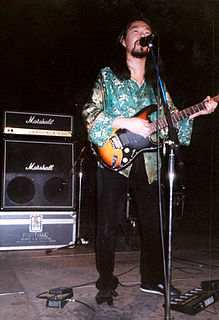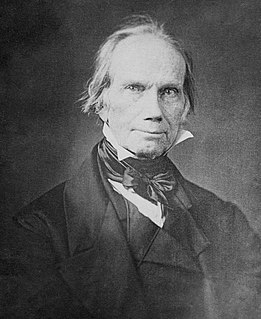A Quote by Oscar W. Firkins
Humor is not a postscript or an incidental afterthought; it is a serious and weighty part of the world's economy. One feels increasingly the height of the faculty in which it arises, the nobility of things associated with it, and the greatness of services it renders.
Related Quotes
The great arises out of small things that are honored and cared for. Everybody's life really consists of small things. Greatness is a mental abstraction and a favorite fantasy of the ego. The paradox is that the foundation for greatness is the honoring of small things of the present moment instead of pursuing the idea of greatness.
I always try to be ironistic in everything I do. I love people who understand humor and who live through humor. So, of course, I was not too serious covering such things as Motörhead or "Black Magic Woman" by Santana. But I was serious enough about Led Zeppelin and the Celtic song "Wild Mountain Thyme." In my life, serious and humor are always together.
Most people think of the economy as producing goods and services and paying labor to buy what it produces. But a growing part of the economy in every country has been the Finance, Insurance and Real Estate (FIRE) sector, which comprises the rent and interest paid to the economy's balance sheet of assets by debtors and rent payers.
When I consider the multitude of associated forces which are diffused through nature - when I think of that calm balancing of their energies which enables those most powerful in themselves, most destructive to the world's creatures and economy, to dwell associated together and be made subservient to the wants of creation, I rise from the contemplation more than ever impressed with the wisdom, the beneficence, and grandeur, beyond our language to express, of the Great Disposer of us all.
It's been part of my signature to incorporate my humor with my dance, or even just how I'm feeling. If I'm feeling humorous, which I am, most of the day, I tend to incorporate that. If I'm dancing freestyle, if I feel like I've gotten too serious, while I'm moving, I'll think, "All right, it's time to lighten up a little bit," and I do. It just feels good.
These two rational faculties may be designated the Scientific Faculty and the Calculative Faculty respectively; since calculation is the same as deliberation, and deliberation is never exercised about things that are invariable, so that the Calculative Faculty is a separate part of the rational half of the soul.
Well, years and years ago, I started to ask myself three very simple questions, which dominated my life for many years. One of them was, "Why are organizations everywhere, whether commercial, social, or religious, increasingly unable to manage their affairs?" The second question was, "Why are individuals throughout the world increasingly in conflict with and alienated from the organizations of which they're a part?" And the third was, "Why are society and the biosphere increasingly in disarray?"
In all cases where incidental powers are acted upon, the principal and incidental ought to be congenial with each other, and partake of a common nature. The incidental power ought to be strictly subordinate and limited to the end proposed to be obtained by the specified power. In other words, under the name of accomplishing one object which is specified, the power implied ought not to be made to embrace other objects, which are not specified in the constitution.



































